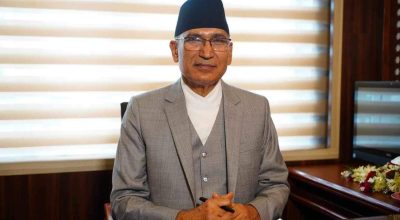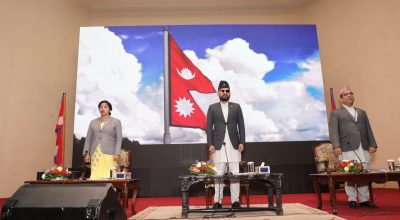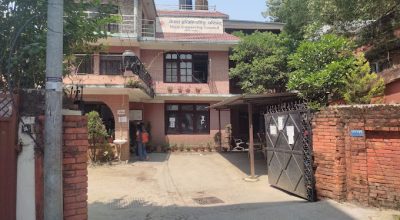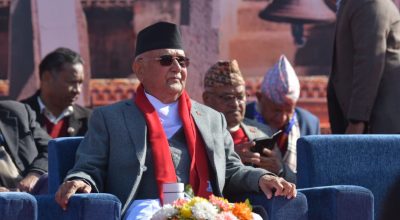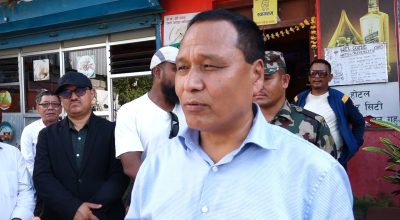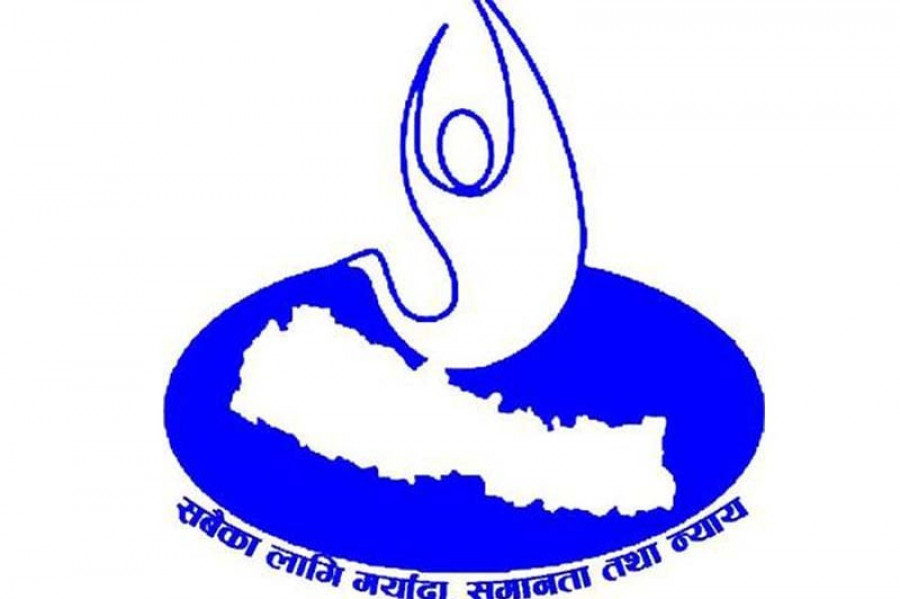
Kathmandu, Sept 8: The National Human Rights Commission has decided to pull its member, Prakash Osti, out of the recommendation committee formed to select new officials for the two transitional justice commissions, in the wake of political intervention in the appointment process.
Osti represents the national human rights watchdog in the five-member recommendation committee led by former chief justice Om Prakash Mishra.
The Enforced Disappearances Enquiry, Truth and Reconciliation Commission Act, 2014 envisions independent mandate to the committee to recommend officials—two chairpersons and four members each in the Truth and Reconciliation Commission and the Commission of Investigation on Enforced Disappeared Persons.
But months after the formation of the committee, the recommendation has not moved forward, largely due to the political parties’ interest to appoint “their men” to the two commissions.
“I have asked Osti to return because it is clear that the committee cannot pick the names independently,” Anup Raj Sharma, chairperson of the national rights watchdog, told the Post. “It is meaningless [for Osti] to stay if he cannot make a difference in the appointment process.”
Apart from Mishra and Osti, three other members on the committee represent different parties.
Ram Nath Mainali represents former CPN (Maoist Centre), Prem Bahadur Khadka is close to the Nepali Congress while Sharmila Karki represents the former CPN-UML.
Sharma said if Osti stays till the end of the appointment process, the only thing he can do is write a note of dissent. Osti’s views will be lost, as other members represent other parties and easily make up a majority. “Even if Osti registers a note of dissent, the commission will have to face criticism for being part of the process,” said Sharma. “Leaving the process now is the best way to stay away from the imminent controversy.”
Osti also said that he does not want to be part of a process that is largely a rubber stamp of the parties.
“I was nominated by Sharma on the committee; I will return as per his directive,” said Osti. “I don’t want to be a rubber stamp in any process.”
When the Mishra-led committee was formed in March, there were expectations that the commissions would soon get new office bearers and the transitional justice process would move forward.
But after months of delay, due to various reasons including Mishra’s ill health, the parties on August 21 broadly agreed on former attorney general Raman Shrestha as the chair of the Truth and Reconciliation Commission and repeat the previous team under Lokendra Mallick in the Commission of Investigation on Enforced Disappeared Persons.
But the appointment process still could not move forward after Shrestha publicly rejected the offer and conflict victims and human rights organisations took exception to the process, citing political interference.
While conflict victims have continuously demanded a fair and impartial appointment process, human rights defenders have warned that the credibility of the commissions will be at stake if there is a political intervention in the selection of the new teams.
Conflict victims have already announced that they will not accept the leadership in the commissions if they are appointed at the parties’ behest.
Amid this, top political leaders are preparing to make a formal decision on the names by Monday. The recommendation committee is scheduled to meet on Tuesday and is most likely to come up with a list of the names of probable candidates for the 10 positions.
“If my information is correct,” a member of the committee told the Post on the condition of anonymity because he wasn’t allowed to discuss the matter with the media, “the final list of the candidates will be prepared on Tuesday.”








